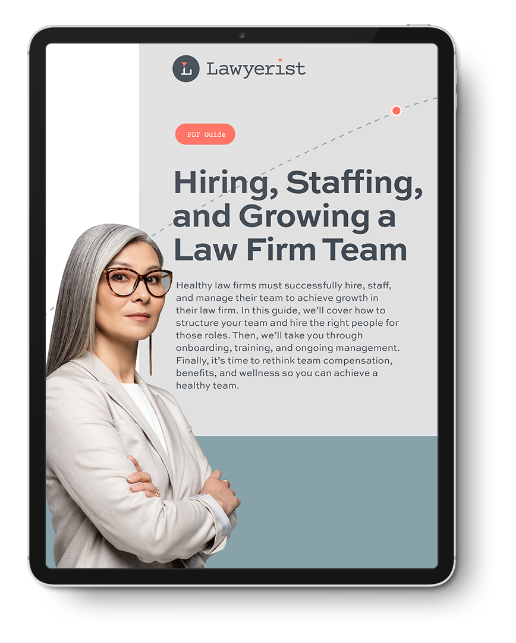Law Firm Training: Mentors, Peer Groups, and Coaches
To foster an even more collaborative and employee-oriented culture, you can implement a mentor, peer group, or coaching system in your firm. Especially for junior attorneys, having a mentor to show them the ropes helps them feel more focused and excited about their work. People want to know they’re doing well at their job, and having a mentor helps facilitate that feeling.
Having peer groups can help your staff feel connected, learn from each other, and to develop deeper and more meaningful relationships with each other. Peer groups can help keep each member accountable and provide support.
Coaches help motivate individuals towards their professional goals by focusing on values, mission, and strategy. A coach differs from a mentor. A coach is usually around for a short period, like during a project, and helps people focus on a specific goal. A mentor provides guidance and helps people develop skills over a long period?.
As an effective manager, you want to be a mentor and coach to your staff. You want to mentor those who need more guidance and coach those encountering difficulties in the short term. Facilitating peer groups is also a good option, especially for staff members who aren’t ready for more one-on-one attention.
The purpose of mentors, peer groups, and coaches is to help your firm and staff become more confident, productive, and empowered in what they do.
Now that you have defined the roles for the team and successfully hired and onboarded your new team members, you’ll need to manage them. In Chapter 4, we’ll tackle the specifics of managing your team.
